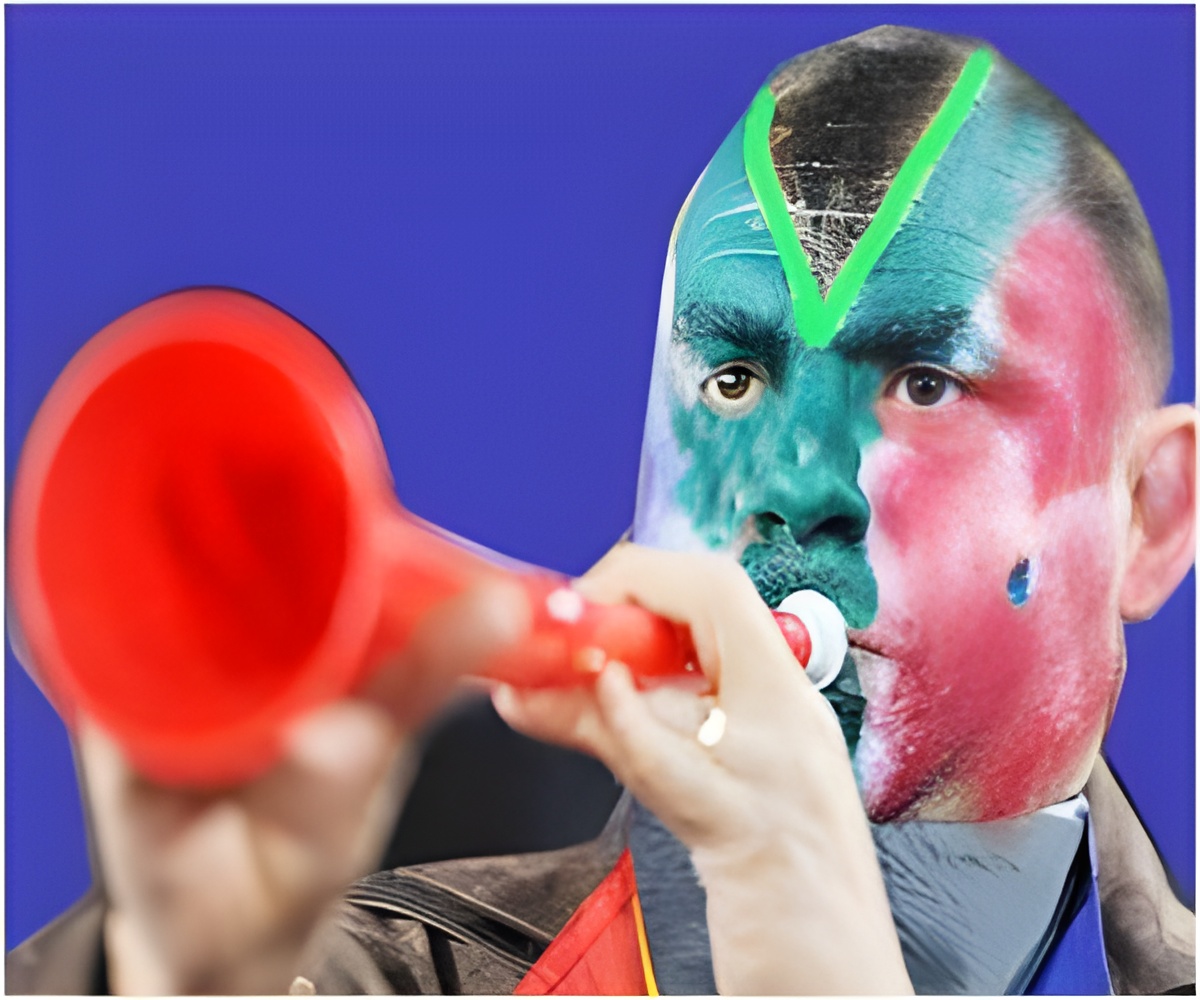Scrambling to pay tribute to Richard Wagner are opera houses the world over.

Magazines and daily newspapers are bursting with reviews, interviews and articles, while a plethora of new and re-issued recordings jostle for attention.
In the run-up to this week’s bicentenary, all the world’s leading opera houses -- including the Met in New York, Covent Garden in London, La Scala in Milan, the Bastille in Paris and Vienna State Opera -- have unveiled new stagings of Wagner’s opus magnum, the 16-hour-long, four-opera "Ring" cycle.
In Germany, which boasts around 80 opera houses, even the most dyed-in-the-wool Wagnerian would struggle to keep track.
Among the more outlandish projects is a staging of "Rhinegold" on a barge on the river Rhine.
But for true Wagnerians, perhaps the main highlights of the year take place in Bayreuth, the small, sleepy town in Franconia where Wagner designed and built his Festspielhaus, and which remains the centre of the ardent cult around him.
But on May 22, it will host Wagner’s 200th birthday concert, with German maestro Christian Thielemann conducting excerpts from his best-known operas.
As always with Wagner, the bicentenary celebrations are never far from controversy.
In Duesseldorf this month, a new staging of his "Tannhaeuser" ended in an eclat, when director Burkhard Kosminski set the composer’s story of the medieval knight-minstrel in the Nazi era and included a graphic portrayal of the gassing and execution of Jews.
After unprecedented protests, the opera house pulled the production after just one performance.
But the incident goes to the heart of the controversy surrounding a composer who is reviled as much as he is revered.
"I hate Wagner, but I hate him on my knees," the legendary Jewish maestro Leonard Bernstein once said of Wagner, succinctly summing up the deep ambivalence many people tend to harbour towards him.
Wagner was born in Leipzig on May 22, 1813 and died in Venice on February 13, 1883, long before the rise of Nazism.
But Hitler was an ardent admirer of his music, as well as a regular visitor to Bayreuth. And he became a close friend of the Wagner family, who affectionately called him "Uncle Wolf".
Hitler claimed that it was one of Wagner’s early operas, about the Roman tribune "Rienzi", which inspired him to begin thinking about a political career.
The Nazis made prodigious use of Wagner’s music in their propaganda films and rallies, so much so that the composer’s works are still banned for performance in Israel.
Music scholars, historians, musicians and conductors still fiercely debate the extent to which Wagner’s musical and artistic legacy is impregnated with anti-Semitism, misogyny and proto-Nazi ideas of racial purity.
In addition to his 13 completed operas, Wagner was a prolific writer and theorist, and among his most infamous publications is a virulently anti-Semitic pamphlet entitled "Judaism in Music".
The bone of contention for his supporters and detractors alike is whether Wagner’s "Gesamtkunstwerk", or total work of art, is innately apolitical, or whether he uses it to propagate his racist, anti-Semitic and nihilistic worldview.
In purely musical terms, Wagner’s achievements are undeniable.
His medieval love epic, "Tristan and Isolde" and his final stage work "Parsifal" broke the boundaries of tonality, influencing the work of a wealth of later composers including Claude Debussy and Arnold Schoenberg.
Wagner’s use of the orchestra, with exotic new instruments specially designed to his own demands, was similarly revolutionary.
But critics, such as the composer’s great-grandson, Gottfried Wagner, said the man cannot and should not be separated from his art.
"There are terrific sides and dark sides" to Wagner, he told AFP in an interview.
Source-AFP
 MEDINDIA
MEDINDIA



 Email
Email




